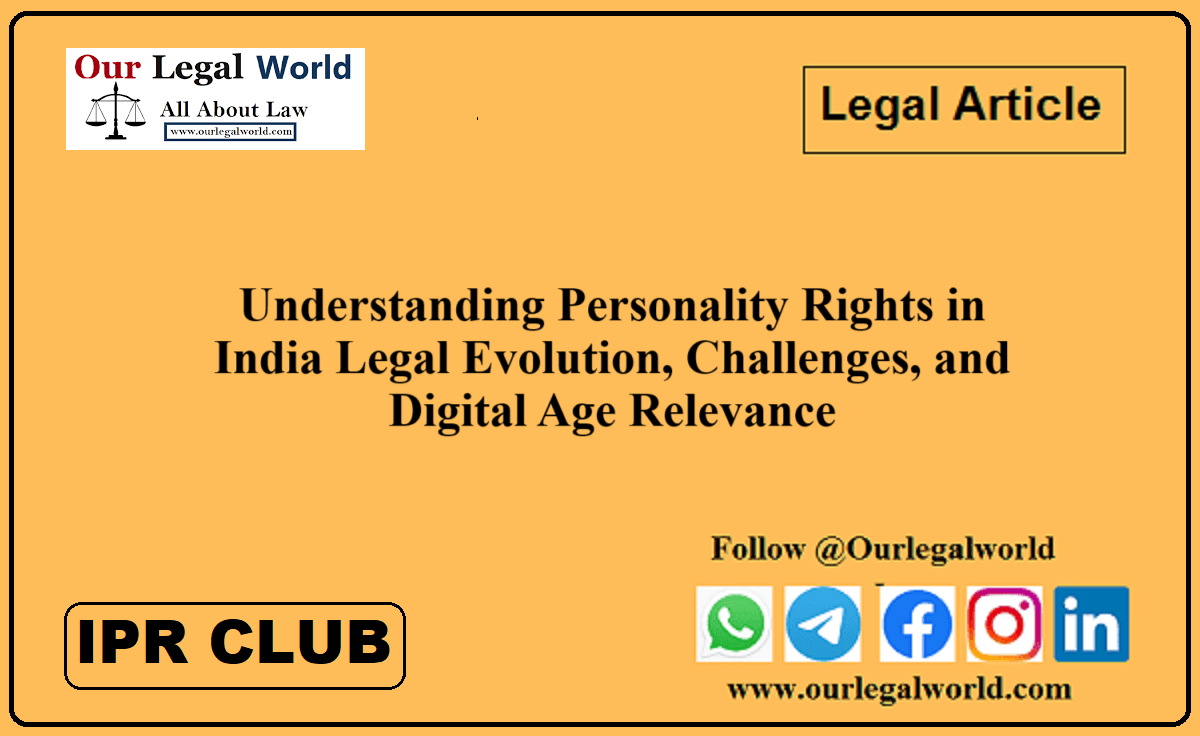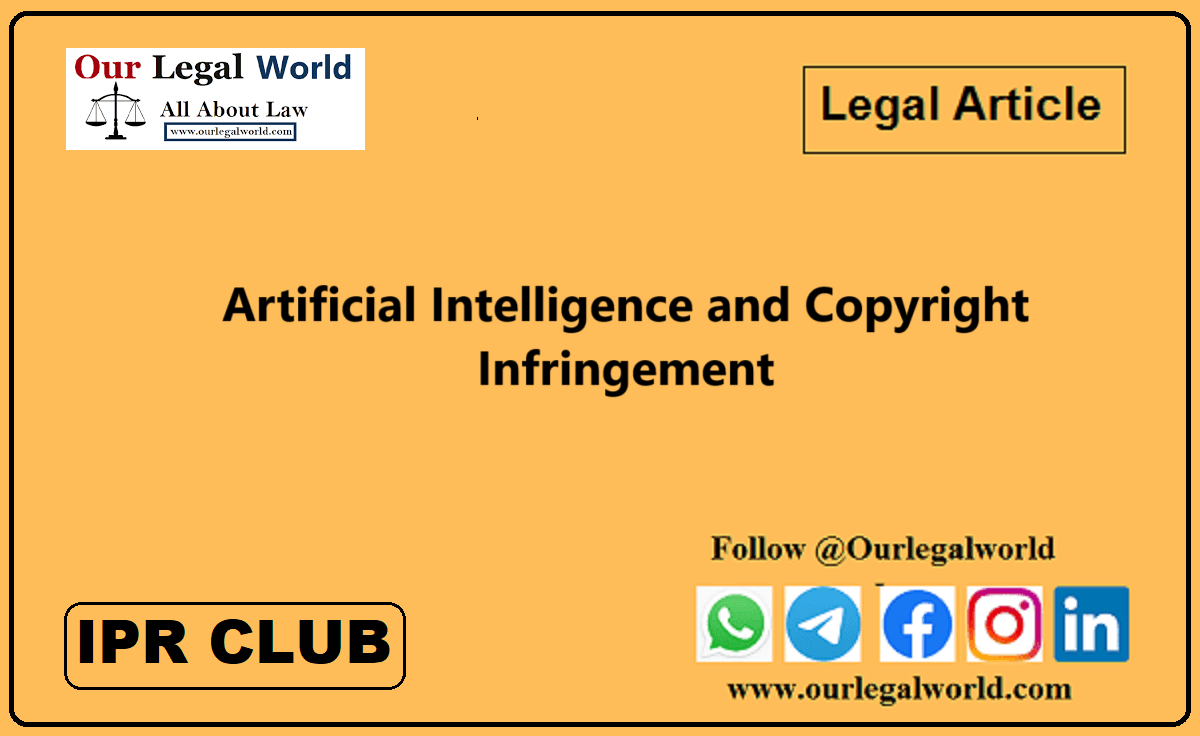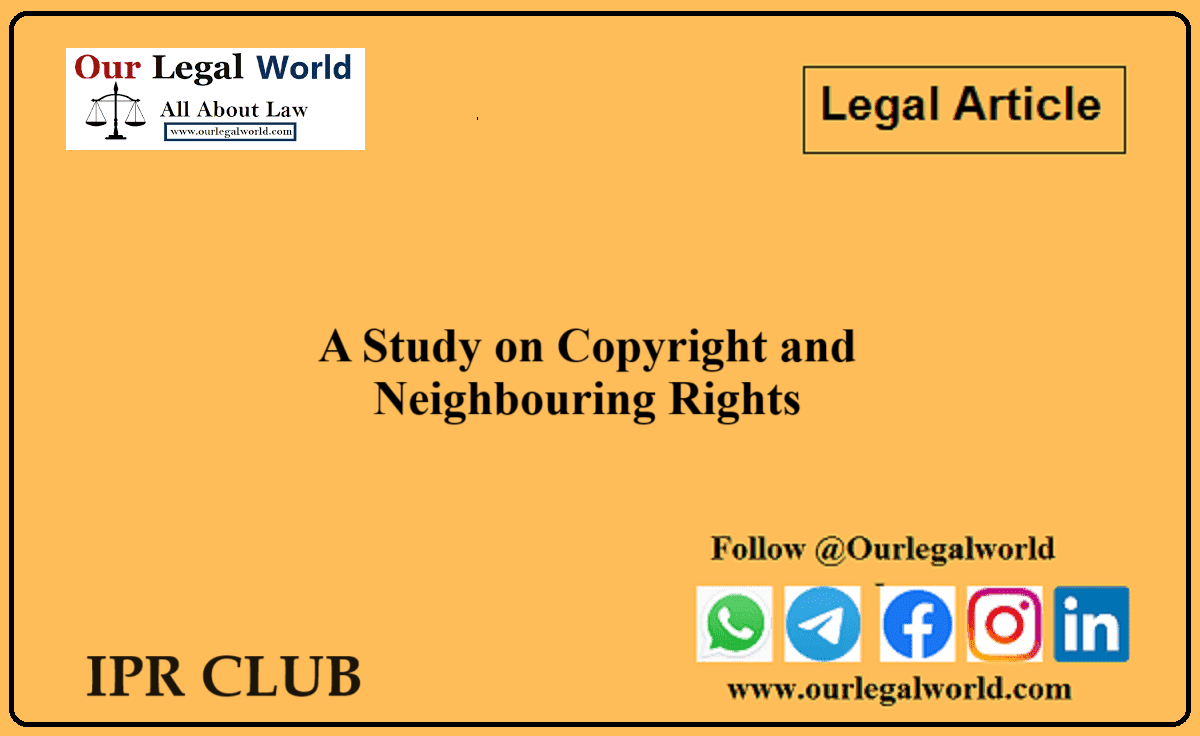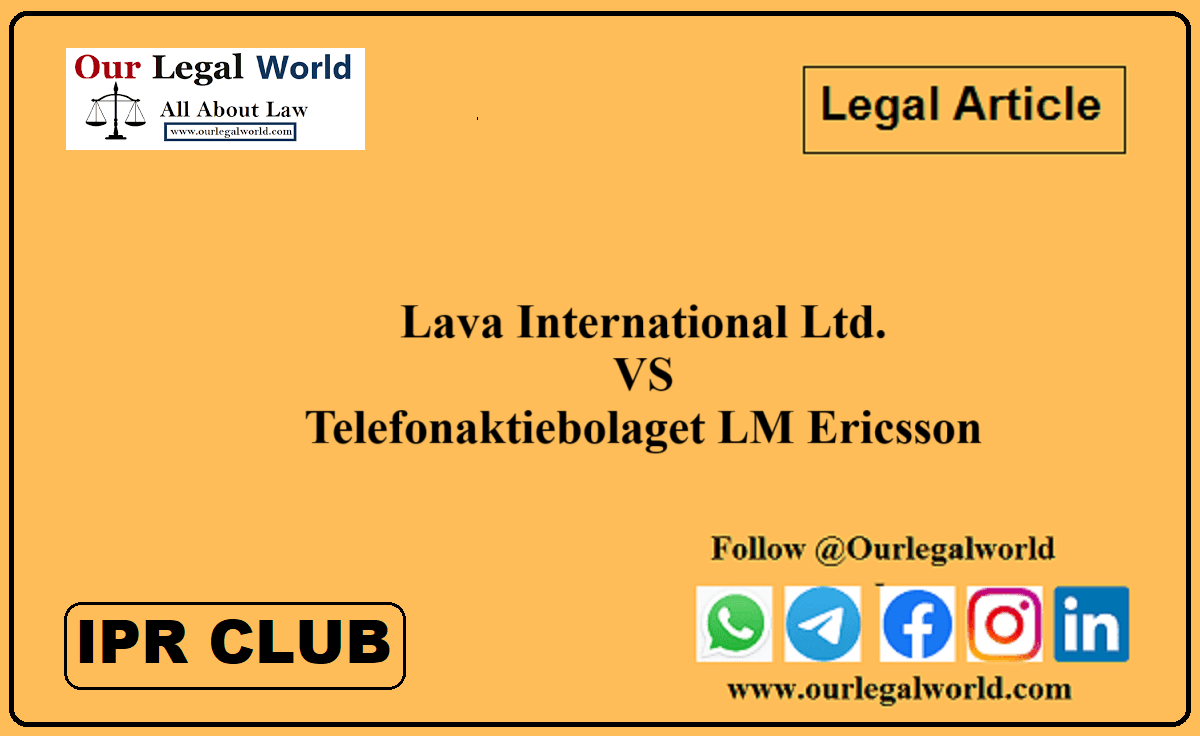Bombay High Court has struck down the amended IT rules: Fact Check Unit unconstitutional
Written by Rishiraj Chandan, 4th Year National Law University, Delhi
Overview:
The Bombay High Court has struck down the amended IT rules that empower the Government to identify “fake news” on social media platforms through a Fact Check Unit (FCU). The court, following a split verdict on pleas challenging the amended rules by a two-judge division bench, ruled that the rule is “ultra vires” of the IT Act. Justice Atul S Chandurkar agreed with the opinion of Justice Gautam S Patel and held that the amendment to the IT Rules, 2023 through Rule 3(1)(b)(v) were violative of Article 14 and 19 (1) (a) and 19 (1) (g) of the Constitution.
The Supreme Court dismissed the interim applications seeking a stay on the implementation of the FCU and directed that it would not be formed until the third judge passed the deciding opinion on merits. The petitioners in the matter, stand-up comedian Kunal Kamra, Editors Guild of India, News Broadcasters, and Digital Association Association of Indian Magazines, filed an interim application seeking a stay on the implementation of the FCU and directions that it would not be formed till the third judge passed the deciding opinion on merits.
According to the IT rules amended in April 2023, content marked by the FCU as “fake or misleading” will have to be taken down by online intermediaries if they wish to retain their “safe harbor” (legal immunity against third-party content). Solicitor General Tushar Mehta, appearing for the Centre, had argued that the FCU can only identify content related to Government business as fake, false or misleading, and that the intermediary will take a call on the same.
The petitioners, in a rejoinder, submitted that false and incorrect speech can be dealt with without taking unnecessary action against flagged content. They also contended that intermediaries will have to take the content down to avoid commercially harmful litigation and the Government could not deprive them of “safe harbor” protection.
Introduction:
In the case of Kunal Kamra v. Union of India, the petitioners challenged the constitutional validity of a 2023 amendment to the Information Technology (Intermediary Guidelines and Digital Media Ethics Code) Rules, 2021. Justice GS Patel invalidated the amendment, citing violations of constitutional rights and concerns over vagueness and overreach. Justice Neela Gokhale upheld it, emphasizing the need for accurate information in democracy and appropriate safeguards.
It is imperative to examine the constitutionality of the amended Rule 3(1)(b)(v) of the IT Rules, 2021 against the fundamental rights guaranteed by the Constitution under Articles 14, 19(1)(a), and 19(1)(g). The ambiguous nature of the amendment can lead to inconsistent interpretations and enforcement, creating an environment where intermediaries may over-censor content to avoid penalties. This undermines the fundamental right to freedom of speech and expression, which is vital for the functioning of a healthy democracy.
Questions of Law
Article 14 of the Indian Constitution guarantees the right to equality before the law. In cases involving discrimination between different classes by legislation, the classification must be scrutinized according to the test held by the courts to determine whether it contravenes Article 14. The 2023 Amended IT Rules create two distinct classes with regard to due diligence to be exercised by intermediaries: those who post content unrelated to the business of the Central Government and those who post content related to the business of the Central Government.
The disjunctive ‘or’ separates FCU-identified content related to the “business of the Central Government” and certified as “fake, false, or misleading” into a separate category, violating Article 14 because it discriminates without a valid reason or intelligible differentia. The rules lack procedural due process, granting the Central Government unilateral authority to determine the veracity of all content related to its affairs. This makes the government the sole judge, immune to questioning, which could suppress criticism and dissent.
The term “business of the Central Government” lacks clarification, leaving room for broad interpretation. The government could potentially label any activity within its executive powers as its business, which cannot encroach upon rights guaranteed under the Constitution. Furthermore, there is no justification as to why the “business of the Central Government” should be treated differently from other information. Merely stating that there is a likelihood of speculation, misconception, and one-sided information is insufficient.
According to the doctrine of vagueness, when no reasonable standards are prescribed, such a section would be deemed manifestly arbitrary and would be struck down. The 2023 Amended Rules appear excessive, disproportionate, unreasonable, discriminatory, and biased, failing to ensure equal treatment of all information.
Article 19(1)(a): Infringement of Right to Freedom of Speech and Expression
The right to share ideas is fundamental to freedom of speech and expression. The 2023 Amended IT Rules by the Central Government risk overreach, as Section 69A of the IT Act empowers the Central Government or its authorised officers to block public access to any information in the interest of India’s sovereignty, integrity, defense, security, foreign relations, or public order. However, with the Amended rules, the FCU can deem content fake and compel removal without providing written reasons, bypassing the mandatory requirement under Section 69A of the Act. This undermines the role of intermediaries in supporting free expression and undermines the right to independent thought and informed decision-making free from state coercion.
The constitutionality of restrictions under Article 19(2) hinges on the proportionality test, as exemplified in the Modern Dental College case. Applying this framework to the new Amended IT Rules reveals that they unreasonably curtail freedom of speech and expression under Article 19(1)(a).
Also Read: Novartis AG v. Union of India
Conclusion:
The 2023 amendment to the IT Rules raises significant constitutional concerns. By mandating intermediaries to remove content flagged by a government fact-check unit, it infringes upon fundamental rights under Articles 14, 19(1)(a), and 19(1)(g). The amendment’s vague terms, lack of procedural safeguards, and potential for arbitrary enforcement undermine the principles of equality, free speech, and professional autonomy. Removing content labelled as “fake, false, or misleading” by the FCU is ineffective as the content can be reposted or spread through other means. Measures should impose minimal restrictions on fundamental rights, with no less restrictive alternatives available. The Press Information Bureau (PIB) already addresses misinformation, making an additional ‘Fact-Check Unit’ unnecessary. The new agency’s power to determine ‘truth’ and mandate content removal threatens intermediaries’ statutory protections, making such coercive measures unnecessary. The right to speech and expression outweighs the government’s vague goal of combating fake news. The government’s approach may lead to undue curtailment of citizens’ rights without room for debate, dissent, or satire, failing the proportionality test.
Article 19(1)(g) infringes on the right to practice any profession, or to carry on any occupation, trade, or business. When publishing content involves commercial risk for intermediaries, self-censorship becomes common practice, leading to the State wielding a Heckler’s veto and stifling freedom of speech at its convenience. Intermediaries have a legitimate expectation of statutory safe harbor under the IT Act if they comply with its provisions, while journalists anticipate the freedom to report information fairly and freely. Public authorities are bound to act in the public interest and must consider the reasonable expectations of those affected before imposing restrictions.
In conclusion, the 2023 amendment to the IT Rules raises significant constitutional concerns. By mandating intermediaries to remove content flagged by a government fact-check unit, it infringes upon fundamental rights under Articles 14, 19(1)(a), and 19(1)(g). The interim stay on the FCU notification underscores the need for careful judicial scrutiny to ensure that any regulation of digital content aligns with constitutional mandates and preserves democratic freedoms.





![Tax Law Internship Opportunity at Legum Attorney [Chamber of Ashish Panday], Delhi [Tax Litigation]: Apply by 2nd November](https://www.ourlegalworld.com/wp-content/uploads/2024/10/Legum-Attorney-Intern.png)


